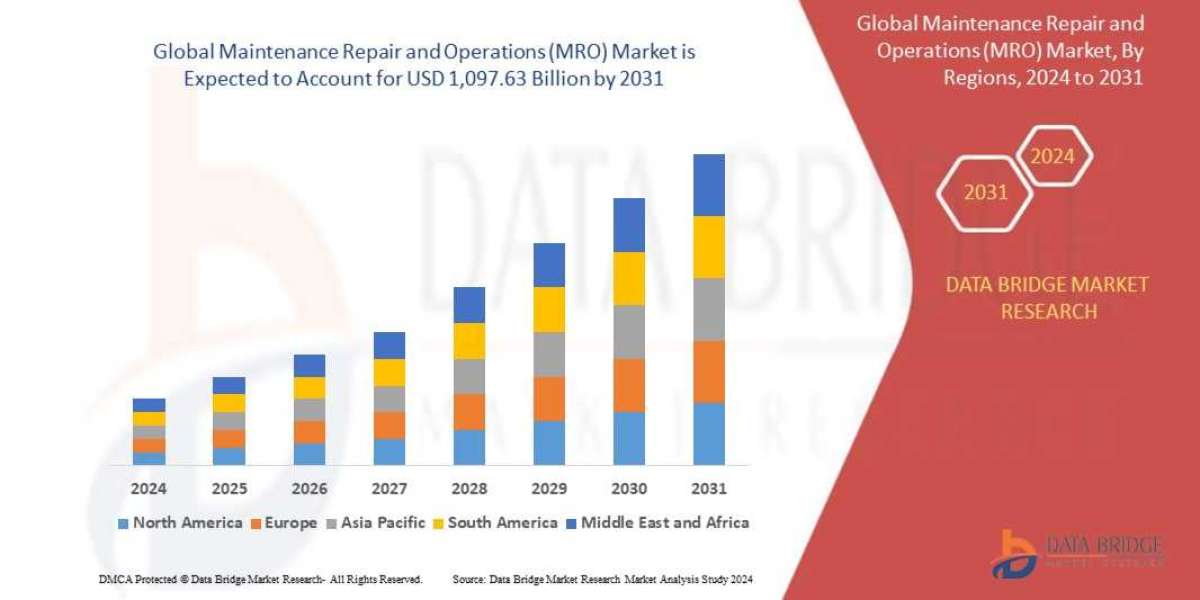Choosing Baby Clothes: Is Organic Cotton Worth the Extra Cost?
When it comes to selecting baby clothes, parents face a myriad of choices, each with its unique benefits and drawbacks. One of the most significant decisions involves choosing the fabric: organic cotton versus conventional cotton. With an increasing focus on sustainability and health, many parents wonder if the benefits of organic cotton justify the higher price tag. In this blog post, we'll explore the pros and cons of organic cotton baby clothes, helping you decide if they're worth the extra cost.
What is Organic Cotton?
Organic cotton is grown without the use of synthetic pesticides, herbicides, or genetically modified organisms (GMOs). The cultivation process focuses on natural farming methods that promote biodiversity and maintain healthy soil. Organic cotton farming also adheres to strict regulations set by various certification bodies, ensuring that the final product is free from harmful chemicals.
In contrast, conventional cotton is one of the most pesticide-intensive crops globally. According to the World Wildlife Fund, cotton accounts for 24% of insecticides and 11% of pesticides used globally. These chemicals can have detrimental effects on the environment, cotton farmers, and even the end consumers—our babies.
If you looking for newborn baby clothes? If yes then visit Tickle Tickle for more information.
The Benefits of Organic Cotton for Baby Clothes
Healthier for Baby's Skin
One of the primary concerns for new parents is their baby’s delicate skin. Babies often experience sensitivity and irritation from fabrics that contain synthetic dyes or chemicals. Organic cotton is free from harmful substances, making it a safer option for infants with sensitive skin or allergies. Research has shown that organic cotton can reduce the risk of skin irritations, providing parents with peace of mind.
Eco-Friendly Choice
Choosing organic cotton is not just about personal health; it also impacts the planet. Organic cotton farming employs sustainable practices that reduce environmental harm. For example, it uses less water compared to conventional methods, as organic farms often utilize rainwater and efficient irrigation systems. Furthermore, organic farming supports biodiversity by promoting crop rotation and natural pest control. By opting for organic cotton, parents contribute to a more sustainable future for their children.
Better Working Conditions for Farmers
The cotton industry has long been associated with exploitative labor practices, particularly in developing countries. Organic cotton farming tends to support better working conditions, as it is often associated with fair trade initiatives. By choosing organic cotton, parents may indirectly support ethical labor practices, ensuring that farmers receive fair wages and work in safe environments.
Are you looking for baby clothes online? If yes then visit Tickle Tickle for more information.
Durability and Comfort
While the immediate concern for many parents is the cost, organic cotton clothing is often more durable than its conventional counterpart. The absence of harmful chemicals in the fabric makes it softer and less prone to wear and tear. Many parents report that organic cotton clothing maintains its shape and feel after multiple washes, making it a wise investment for the long term.
The Drawbacks of Organic Cotton
Higher Price Point
The most apparent disadvantage of organic cotton is the cost. Organic cotton clothes are typically more expensive than conventional cotton options due to the labor-intensive farming practices and lower yields. For families on a tight budget, this can be a significant consideration. However, it’s essential to weigh the benefits against the costs, considering the potential for less frequent replacements and the health advantages for your child.
Limited Availability
While organic cotton is becoming increasingly popular, it is still not as widely available as conventional cotton. Parents may find that the selection of organic baby clothes is limited, especially in mainstream retail stores. This limitation can make it challenging to find specific items or styles.
Potential for Mislabeling
The organic label can sometimes be misleading. Some products may claim to be “organic” while containing a minimal percentage of organic material. It's crucial to look for reliable certifications, such as the Global Organic Textile Standard (GOTS), to ensure that the clothing meets strict organic standards.
If you looking for a Baby gift set? If Yes then visit Tickle Tickle for more information.
Making the Decision: Is Organic Cotton Worth It?
Ultimately, the decision to choose organic cotton baby clothes comes down to personal values and priorities. Here are some factors to consider:
Health and Safety Concerns
If you are particularly concerned about your baby’s skin sensitivity or exposure to harmful chemicals, organic cotton may be the best choice. The health benefits, both for your child and the environment, can outweigh the additional costs.
Sustainability Focus
If you prioritize sustainability and ethical consumerism, investing in organic cotton aligns with those values. Supporting eco-friendly practices can have a positive impact on future generations.
Budget Considerations
If your family is on a tight budget, it may be challenging to commit to organic cotton exclusively. In this case, consider incorporating a few organic pieces into your baby’s wardrobe while mixing in affordable conventional options.
Longevity and Quality
If you're looking for clothing that can withstand the rigors of infancy and toddlerhood, organic cotton is often more durable. The long-term savings from not needing to replace worn-out clothes may make the initial investment worthwhile.
Tips for Choosing Baby Clothes
Regardless of whether you choose organic cotton or conventional fabrics, there are some general tips to consider when buying baby clothes:
Prioritize Comfort: Look for soft fabrics with no rough seams or tags that could irritate your baby's skin.
Opt for Breathability: Choose breathable materials to prevent overheating, especially in warmer climates.
Choose Adjustable Sizes: Babies grow quickly, so consider clothes with adjustable features, like elastic waistbands or snaps.
Go for Easy Care: Babies are messy! Look for clothes that are machine washable and durable enough to withstand frequent cleaning.
Conclusion
Choosing baby clothes involves a blend of practicality, values, and personal preferences. Organic cotton offers numerous benefits, from enhanced safety for delicate skin to a more sustainable approach to consumerism. While the higher price point may be a deterrent for some, many parents find the advantages justify the extra cost. Ultimately, the choice between organic and conventional cotton should align with your family’s priorities, helping you to create a wardrobe that is both stylish and safe for your little one. Whether you choose organic cotton or not, the most important factor is that your baby is comfortable, happy, and dressed with love.







